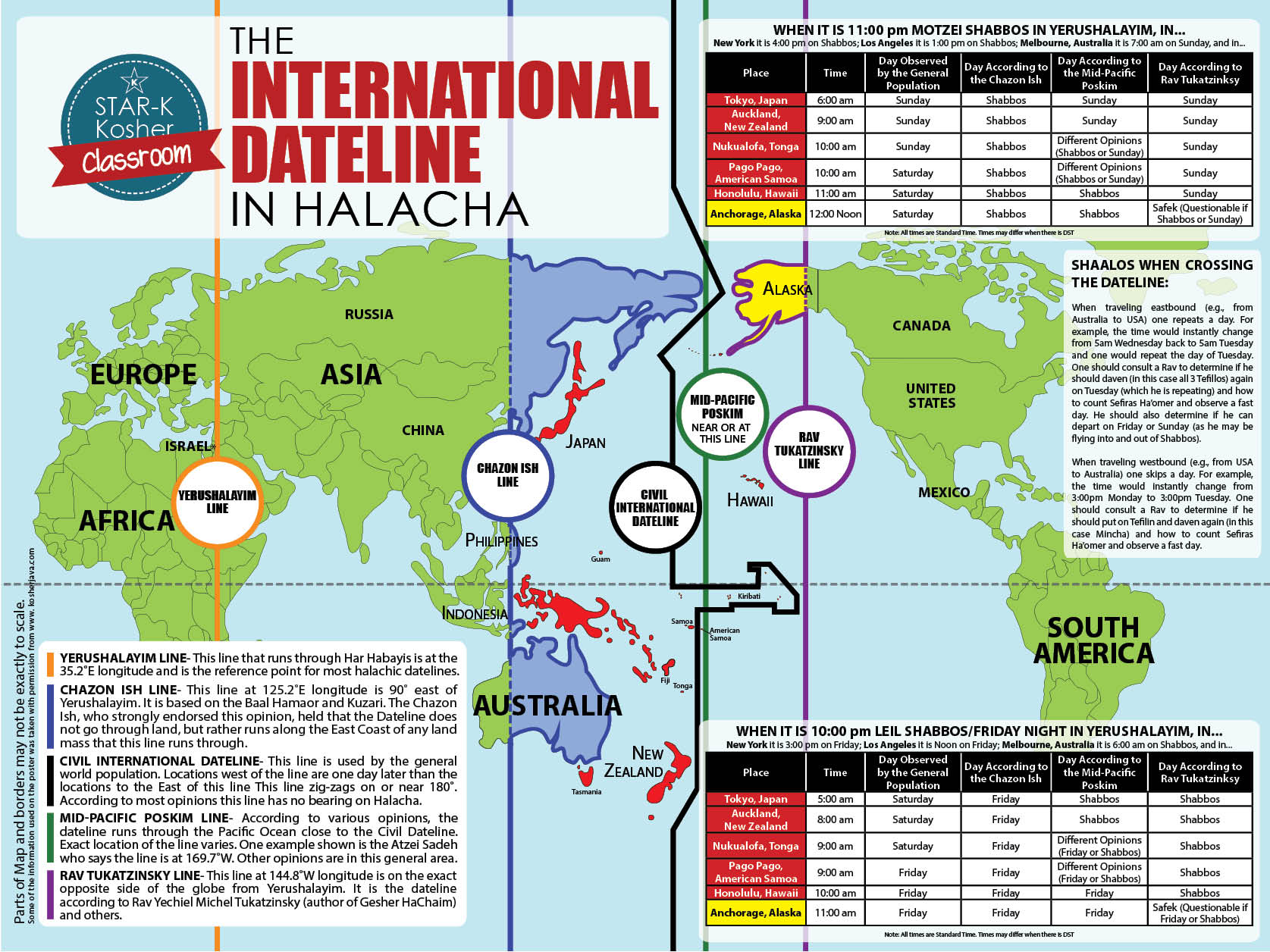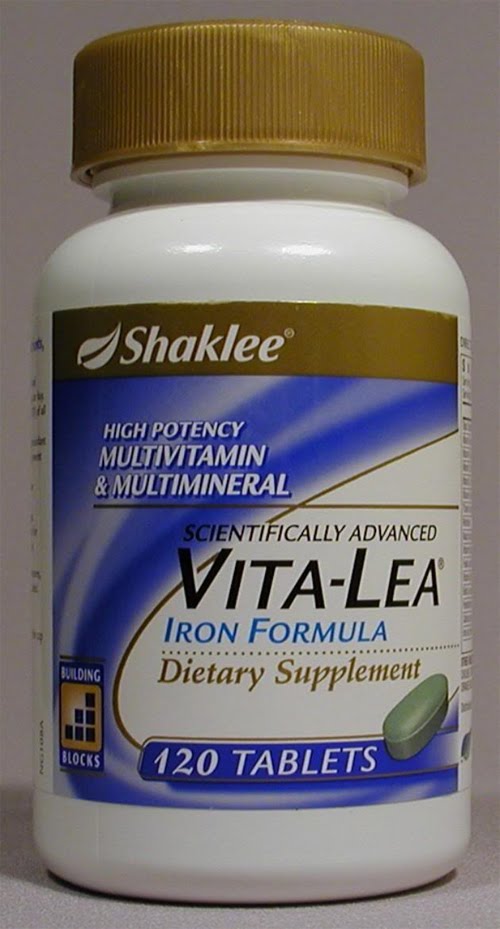Published Winter 2008
To hear a comprehensive shiur on Birchas Hachama, click here.
Listen to a teleconference interview about Birchas Hachama, click here.
To see Sefer Shaarai Zmannim referenced in this article, click here.

Published Winter 2008
To hear a comprehensive shiur on Birchas Hachama, click here.
Listen to a teleconference interview about Birchas Hachama, click here.
To see Sefer Shaarai Zmannim referenced in this article, click here.

Published Winter 2009
One of the most beautiful scenes in Yiddishkeit is the family gathered around the table for Kiddush, a special moment for which we wait all week. On Yom Tov, the beautiful melody1 ushers in each of the Shalosh Regalim with much excitement.

Fall 2010
As we look toward the beginning of the new year, we turn our thoughts to teshuva, and the hope that our tefillos will be answered for a sweet new year. This request has been symbolized for hundreds of years on Rosh Hashana by eating challah and apples dipped in honey.1
The question regarding the kosher status of honey is older than the custom of dipping an apple on Rosh Hashana. There is a well known halacha that states that derivatives of non-kosher species are not kosher;2 this would include camel’s milk and ostrich eggs. Since a bee is a non-kosher insect, how can honey which comes from a bee be permissible to eat? Furthermore, if honey is kosher, are all products manufactured by the bee, e.g. royal jelly, beeswax, bee venom, and propolis (described below) also kosher?
The Kashrus of Honey
A brief entomological review of this remarkable insect is necessary in […]

Published Spring 2011
“She is too nervous to come to the phone,” said the woman, referring to the mother of the Bar Mitzvah boy, who had just prepared a huge pot of chicken soup for the upcoming seudas Shabbos. The woman then related the following story to me. The Bar Mitzvah boy, who was home from school on the Friday before the big Shabbos, had warmed up some pizza in the toaster oven on a piece of aluminum foil. After completing his lunch, he crushed the used foil into a ball and attempted to shoot it into the garbage can. The foil ball missed the trash and landed in the large pot of chicken soup, simmering on the stove in preparation for his seudas Bar Mitzvah! The woman on the phone got right to the point. “We discarded the foil. Does the soup need to be thrown out, and do we need […]

For the most updated Cereal List click here.
Published Winter 2012
Updated Winter 2019
STAR-K has researched breakfast cereals for the past 30 years and has published Brachos lists and halachic guidelines for these products based on the psak of Rabbi Moshe Heinemann, shlita, STAR-K Rabbinic Administrator. It is with great pride that STAR-K has begun certification of the following three cereals distributed by Nestle in Israel: Cheerios, Fitness, and Crunch Cereals. The hashgacha is coordinated by our newly expanded Israel office. The products bear a STAR-K symbol and are pareve, bishul Yisroel, and yoshon. The brocha rishona on all three cereals is mezonos and the brocha achrona is al hamichya.

Summer 2007 | Updated March 2025
[Originally titled: When Does One Pray When There Is No Day]
For an explanation of terms used below, refer to the glossary available on our site.
There was a time not long ago when kosher food was available only in major Jewish metropolitan areas. Finding kosher certified products on the road was a daunting task. “Kosher Tours” were limited to a few select areas. Today, the Star-K and other kosher symbols appear on thousands of food products. Kosher food is available from Fairbanks to Fiji, and from New Zealand to Norway. Kosher tours are now available to Alaska and Antarctica. With so many north and south destinations easily accessible to kosher consumers, the observant Jew now faces an array of fascinating questions. In parts of Alaska, and other locations north of the Arctic Circle, there are […]

Published Summer 2012
Click here for a handy printable map.
In today’s global market, the furthest regions of the Earth are much closer to home than one could ever imagine. For example, citric acid – an integral ingredient in soft drinks, ascorbic acid (Vitamin C) – a common nutrient, and amino acids used in numerous food items, are produced in a variety of Star-K certified Chinese plants. Star-K certified glycerine is manufactured in the Philippines and shipped to the United States. Mashgichim are frequently sent to Thailand, Fiji, Vietnam, and Indonesia to oversee production of kosher spices, tuna fish, and canned fruits and vegetables. The Star-K has an office in Shanghai to administer the supervision and inspect facilities.

Fall 2001
As the kosher consumer crosses Maryland’s spectacular Chesapeake Bay Bridge, it is hard to imagine that glucosamine, one of the most widely used arthritis remedies, is derived from the seafood shells found deep in the waters below. Sea shells are not the only surprising source of muscle and joint remedies. The levona (frankincense) used in the Beis Hamikdash, deer antlers, and an array of animals – including sharks and bees – also contain the raw materials of over-the-counter arthritis supplements.
STAR-K receives numerous inquiries regarding these products. This is no wonder, as over 40 million Americans suffer from some form of arthritis, and billions of dollars are spent each year on prescriptions and remedies. The following is an overview of how these products are manufactured and their kashrus status. Note: See disclaimer below.1
Glucosamine
The raw material for most glucosamine comes from crab, shrimp or lobster shells. Unlike oyster […]

Updated November 2024
When visiting an obstetrician/gynecologist, a patient may be given prescriptions or recommendations for an array of products by her physician. The patient may be confused about whether a particular product is kosher. The following guide was prepared to help clarify the kashrus issues regarding these products.[1]
Ideally, one should purchase medicinal products and vitamins with a reliable kosher certification. Unfortunately, this is not always possible. In the event a product is not kosher approved, one should consult her rav, as one does with any halachic question.
The following guidelines in this regard are the halachic ruling of Rav Moshe Heinemann shlit”a, STAR-K Rabbinic Administrator.
NOTE: The following are general halachic guidelines and cannot possibly cover all scenarios. Under no circumstances should an individual forgo taking a prescribed medication without first consulting her physician and rav.
CHOLEH SHEYEISH BO SAKANA: ONE WHO IS ILL AND WHOSE LIFE MAY BE IN DANGER
A choleh […]

Click here to view the STAR-K Medicine List
Global sales of pharmaceutical products are expected to reach 500 billion dollars annually.1 It is therefore no wonder that the interest in kosher certification and approval for these products has also skyrocketed. Ideally, one should purchase these products with kosher certification. However, this is not always practical. It is for this reason that one of the most frequently asked questions on the Star-K hotline relates to the kosher status of these remedies. In an effort to clarify the numerous issues regarding these popular products, the Star-K has prepared the following halachic guidelines based on the psak of Rabbi Moshe Heinemann, shlita, Rabbinic Administrator of Star-K Kosher Certification.2

Published Winter 2013
A Halachic Guide for the Delayed Friday Afternoon Traveler
Every few months, the phone rings on Erev Shabbos with a similar shayla: “We are not sure if we will reach our destination in time for Shabbos. What should we do?” If the call comes from people who are stuck in traffic, my response has been, “Are you calling to find out the halachos, or to hear the best alternate routes to reach your destination?”